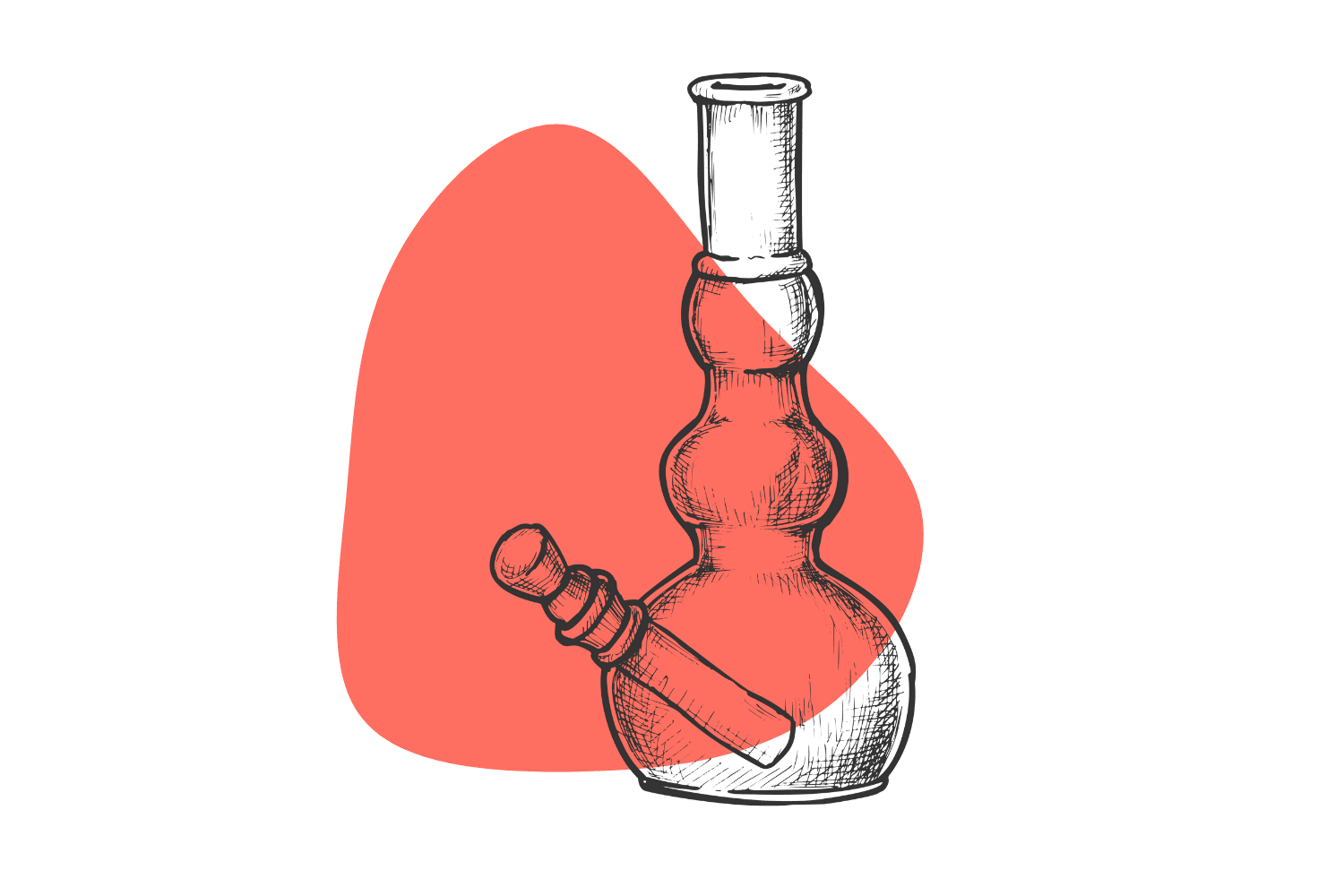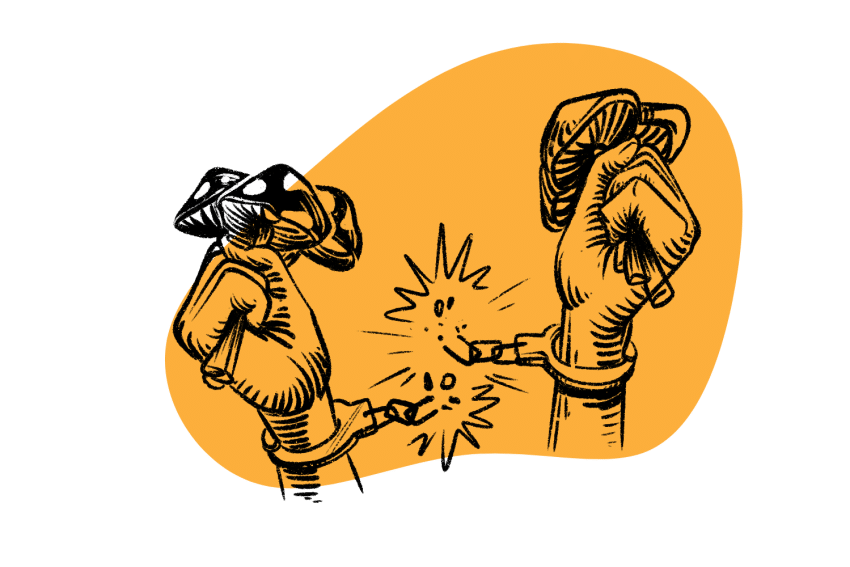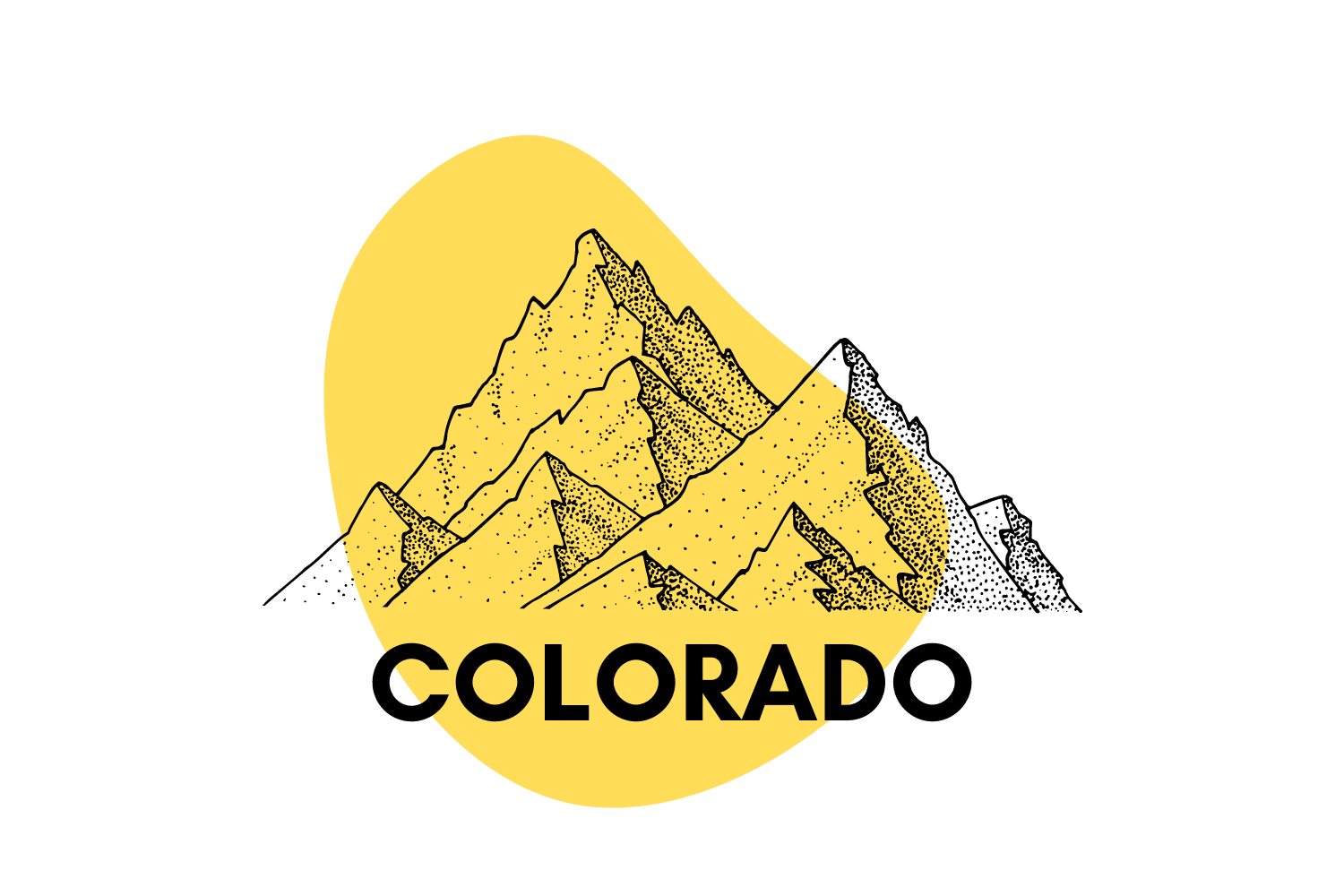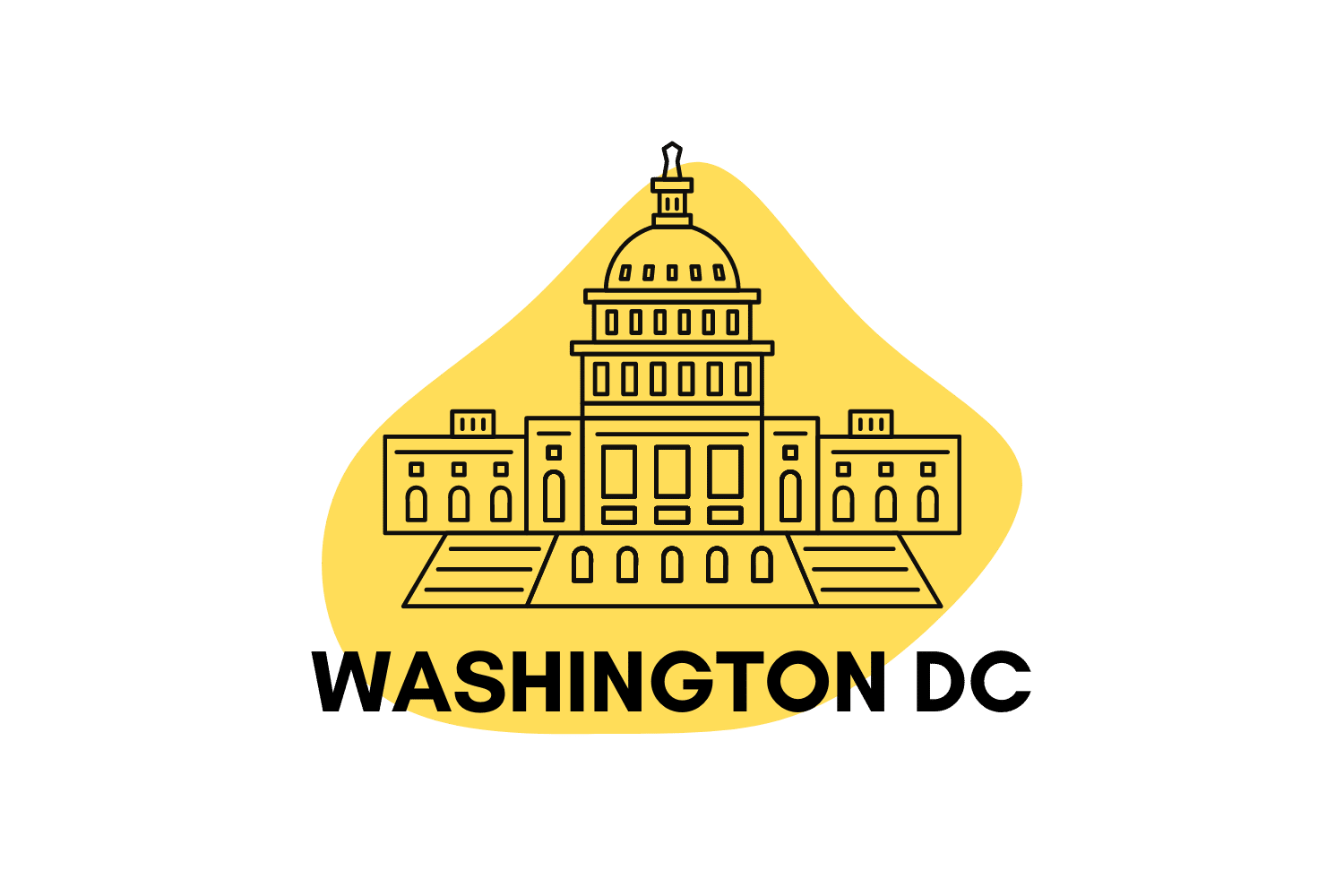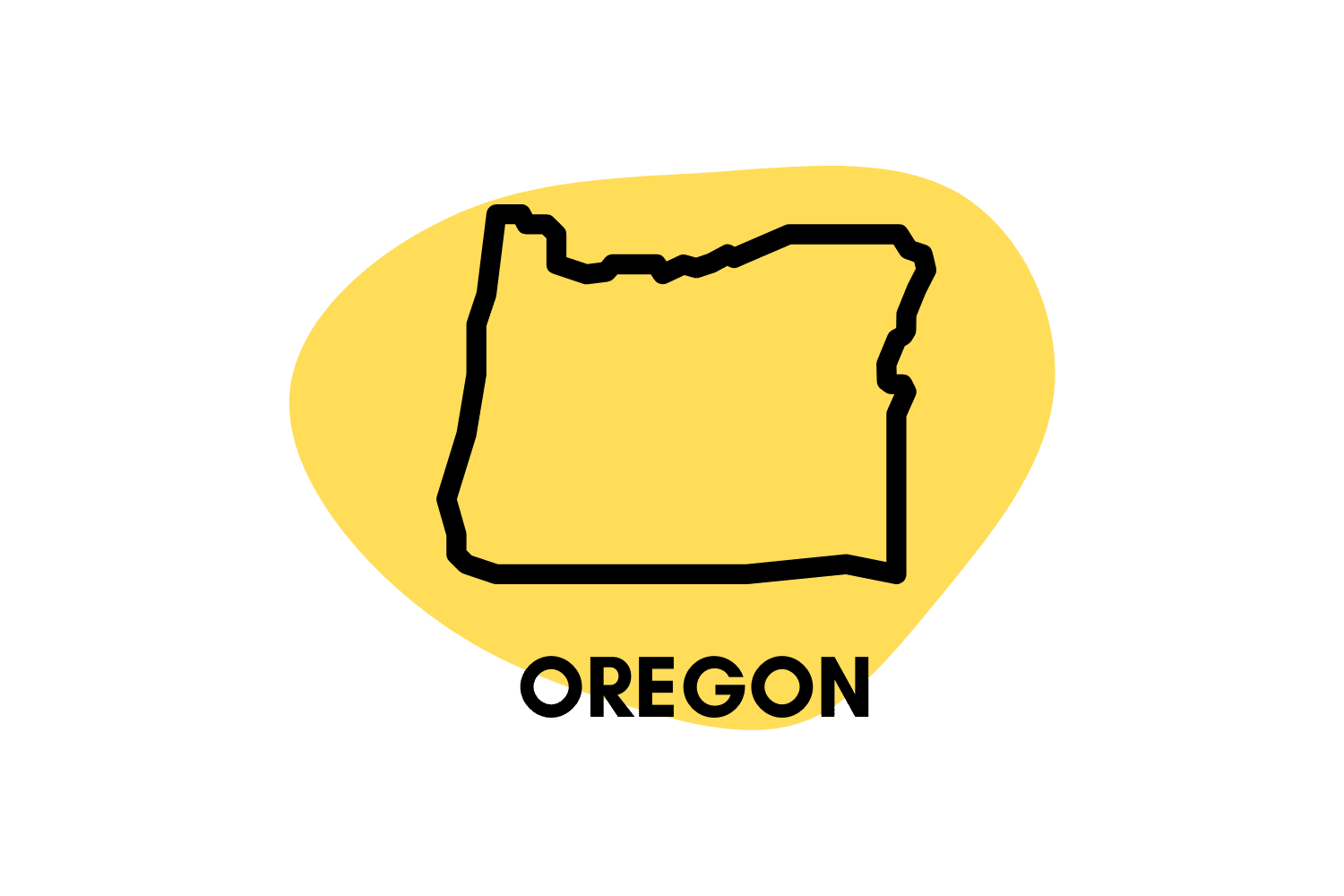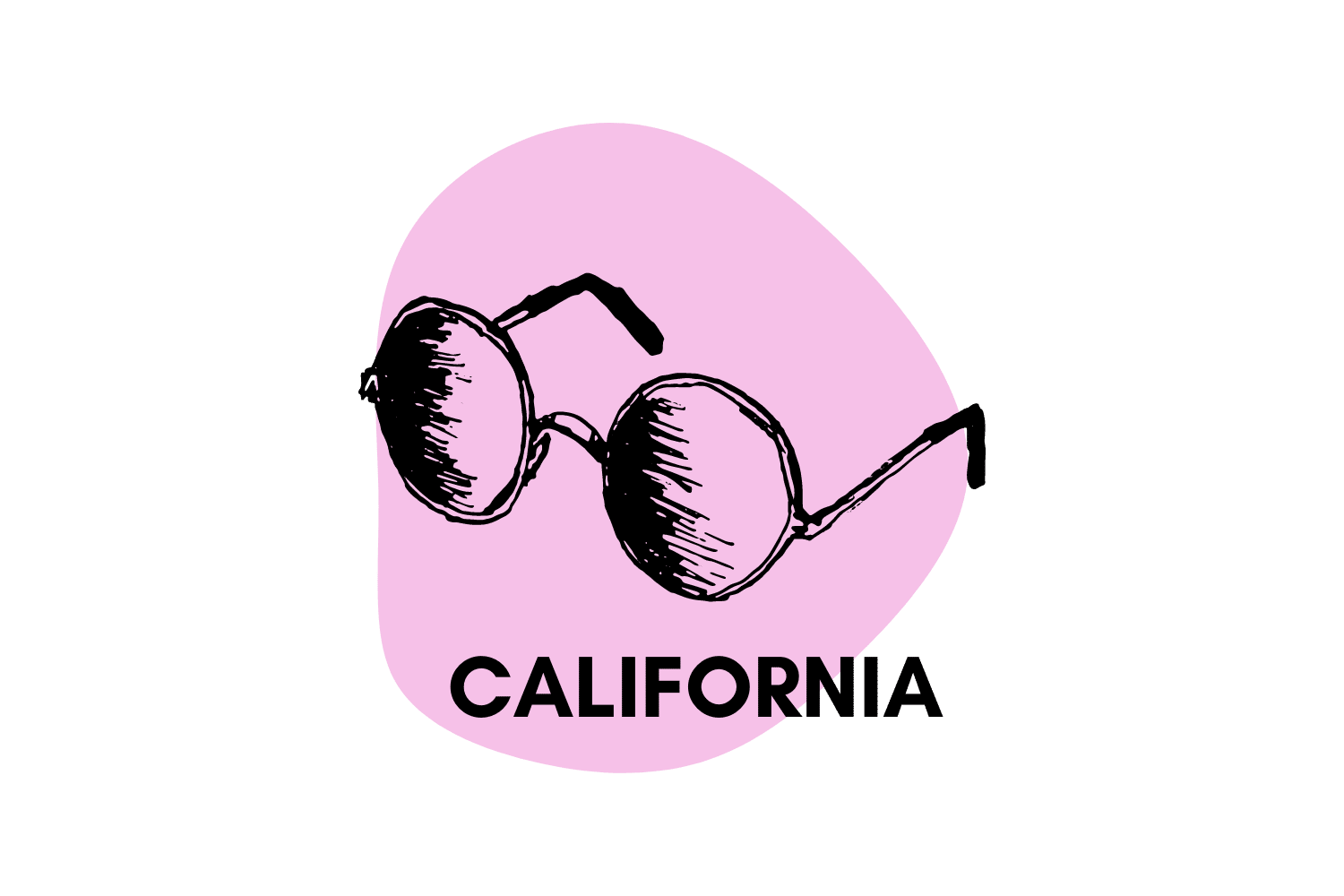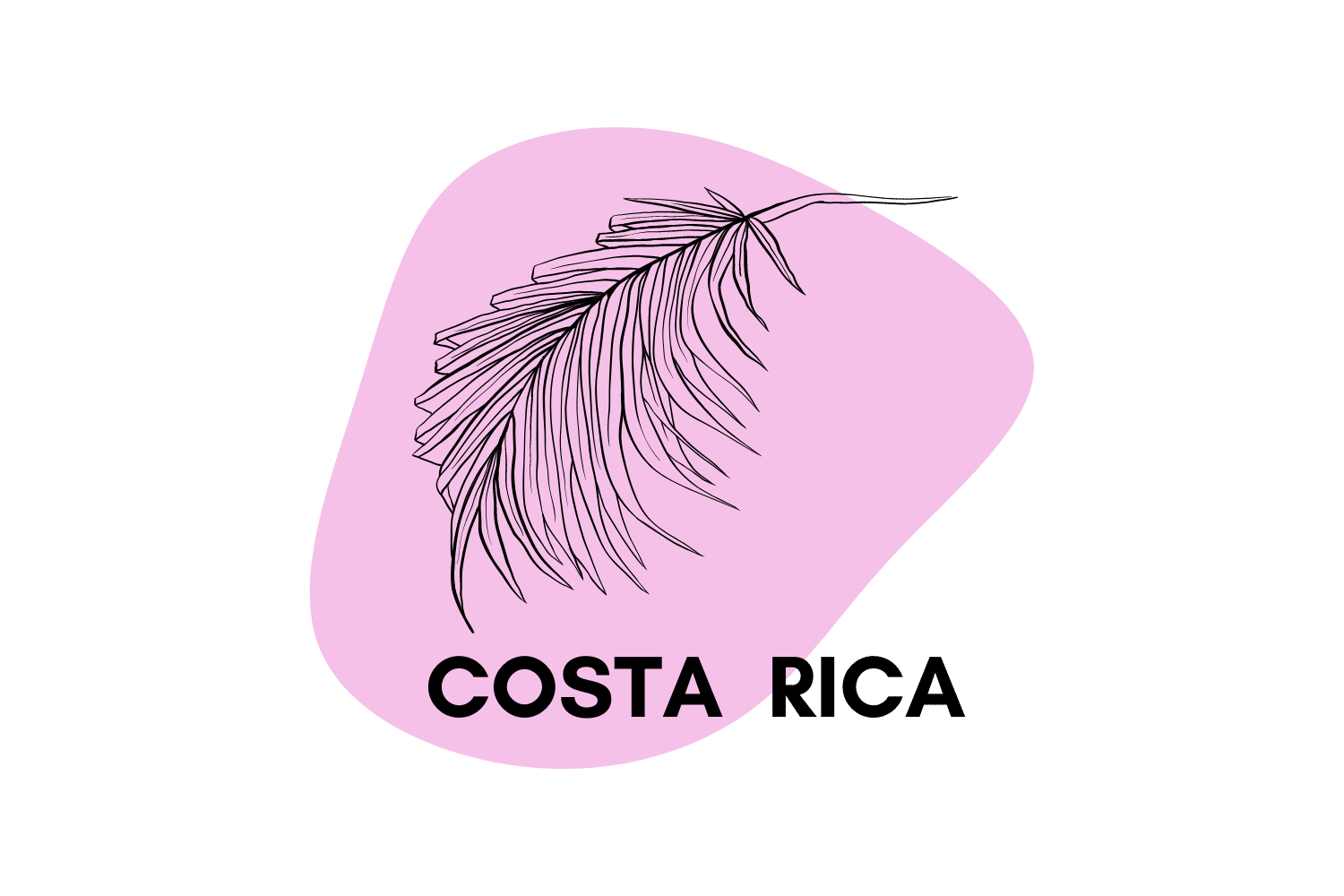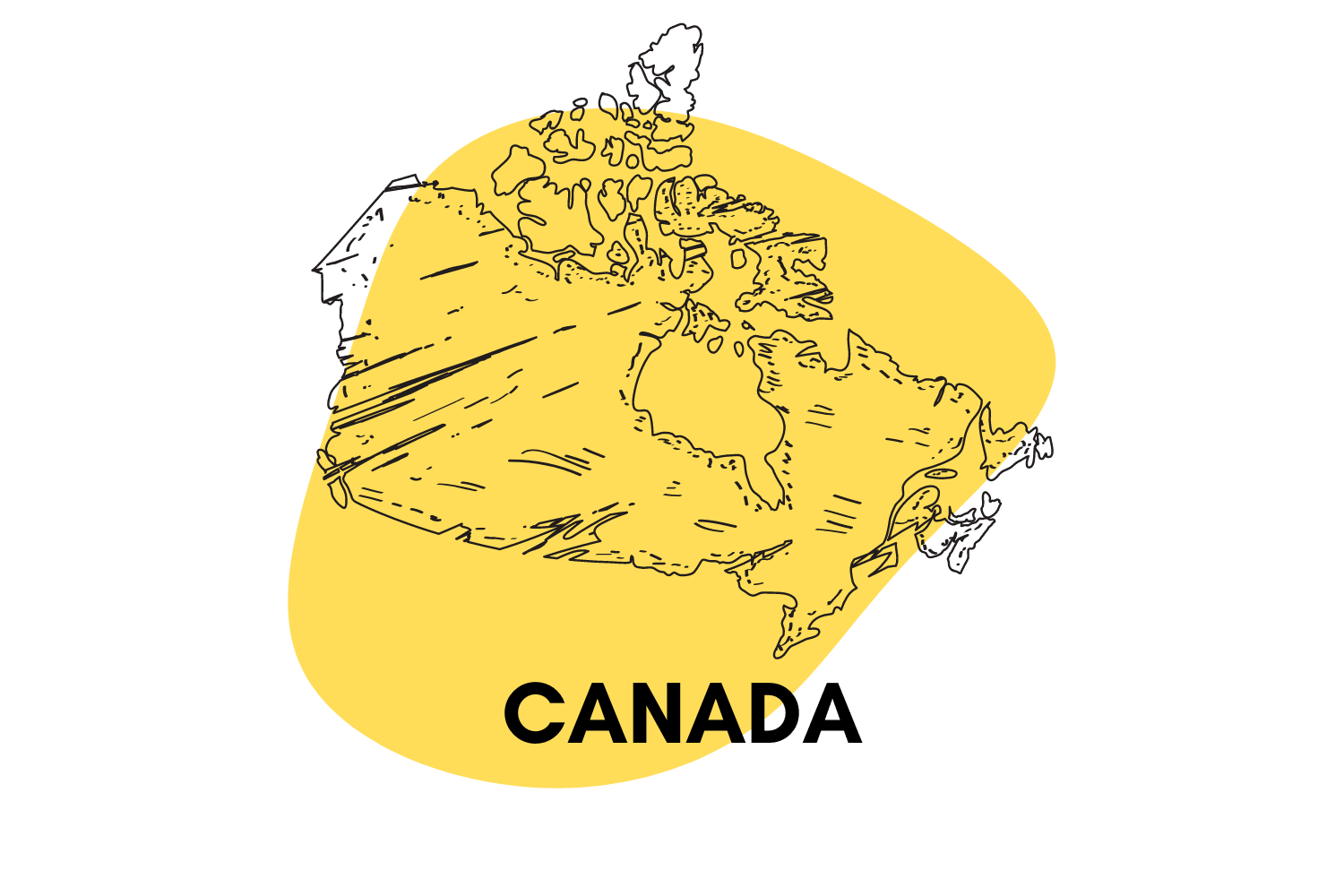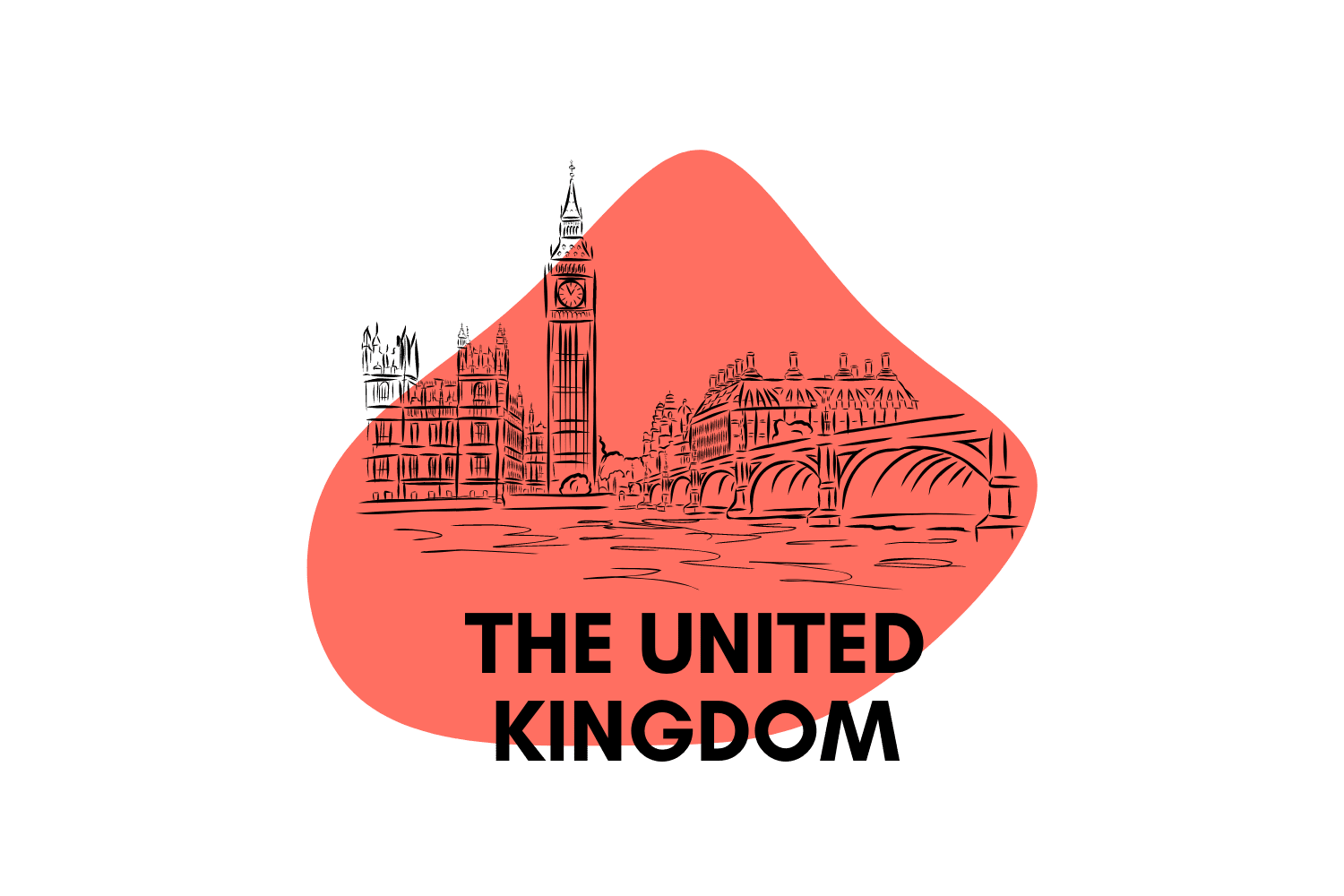Psychedelic Drug Laws in Lithuania
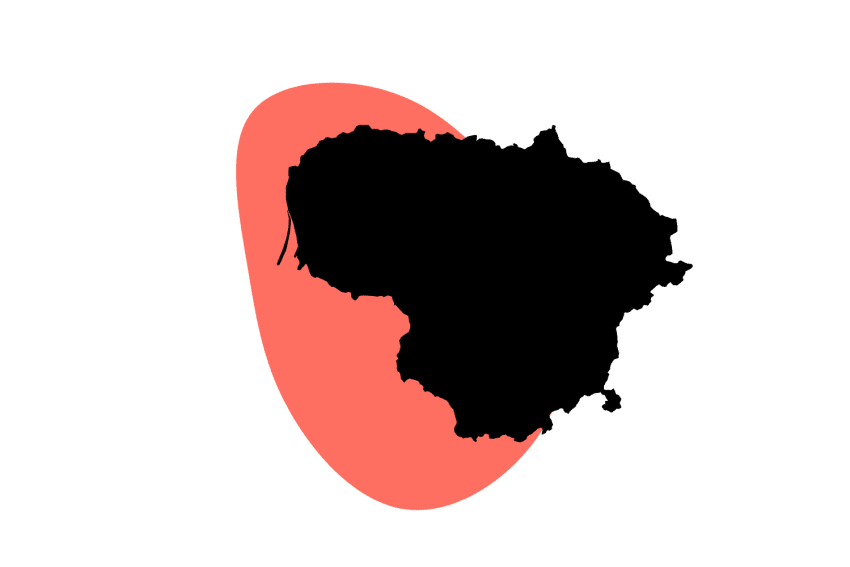
Psilocybin is the main component of magic mushrooms responsible for producing their characteristic psychedelic effects. Still, few people know that this substance carries excellent therapeutic benefits.
Although penalties are not as harsh as in many countries, psychedelics are illegal in Lithuania. Below you will learn more about the law on psychedelics in this country. Also, we will show you the different medicinal benefits they’ve been proven to have.
Summary of Psychedelic Drug Laws in Lithuania
- Psychedelics are illegal in Lithuania
- You can find three species of magic mushrooms growing in the wild here
- Marijuana is legal only for medicinal use
Lithuania: Drug & Penalty Chart
| Class | Substance | Psychedelics | Penalties |
| I | Synthetic cannabinoids, THC, cannabis, cocaine, poppy plant, fentanyl, heroin, ibogaine, | PCP, DMT, Argyreia nervosa (Elephant creeper), MDMA, MMDA, LSD, mescaline, psilocin, psilocybin, Banisteriopsis caapiplant (ayahuasca), Salvia divinorum, | Personal use, small amounts: fine from EU 30-150 and possible treatment, community service, or 10-45 days in jail Personal use, larger amount: up to 2 years in prison Trafficking: 2-8 years |
| II | Amphetamine, codeine, Dronabinol, cocaine, morphine, | Salvinorin A, | See above |
| III (authorized for medical use) | Glutethimide, pentazocine, GHB | See above | |
| IV (authorized for medical use and non-pharmaceutical) | GBL, 1,4-Butanediol, nitrous oxide, some nitrites, phenibut, some benzos, | Ketamine | See above |
Sources:
- Law of the Republic of Lithuania on the Control of Narcotic Drugs and Psychotropic Substances
- Minister of Health: Lithuania
- National drug laws The Law on Control of Narcotic and Psychotropic Substances
Are Magic Mushrooms Legal in Lithuania?
No, magic mushrooms are not legal in Lithuania.
Lithuania’s drug laws adhere to the 1961 Single Convention on Narcotic Drugs, so psilocybin and other psychedelics are illegal in the country.
Although the penalties are not as harsh as in other European countries, possessing any illicit substance can get you into serious trouble here.
According to article 259 of the Penal Code of the Republic of Lithuania, if the police catch you with small amounts of psilocybin, you can be sentenced to up to two years in prison.
Nevertheless, magic mushrooms are not dangerous and can help many people treat various disorders. Johns Hopkins Medicine even advocates for the reclassification of psilocybin.
Keep Reading: Where Are Magic Mushrooms Legal?
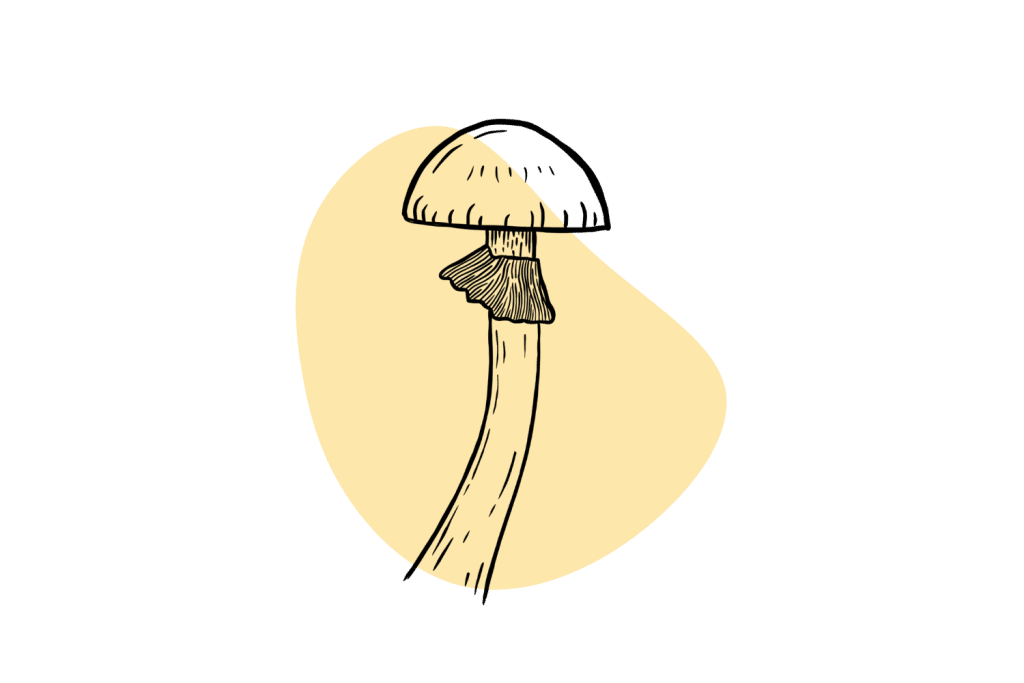
Where to Buy Magic Mushroom Spores in Lithuania
Lithuanian law doesn’t mention magic mushroom spores, so we can assume that its possession isn’t punishable. However, the Ministry of Health banned their import, so we recommend not to travel with them to this country.
Also, remember that the cultivation of magic mushrooms is illegal — according to article 262, you can spend up to four years in prison for this.
Although spores are legal, few people are encouraged to sell them. Therefore, the easiest way to get them in Lithuania is probably through the magic mushrooms that grow naturally there.
Do Magic Mushrooms Grow Wild in Lithuania?
Yes, magic mushrooms grow in the wild throughout Lithuania.
Magic mushrooms grow naturally almost everywhere in the world, and Lithuania is no exception. Still, you can find three main species of magic fungi in this country, which we will mention below.
However, we don’t actively recommend mushroom foraging, as you might confuse the following with other poisonous species.
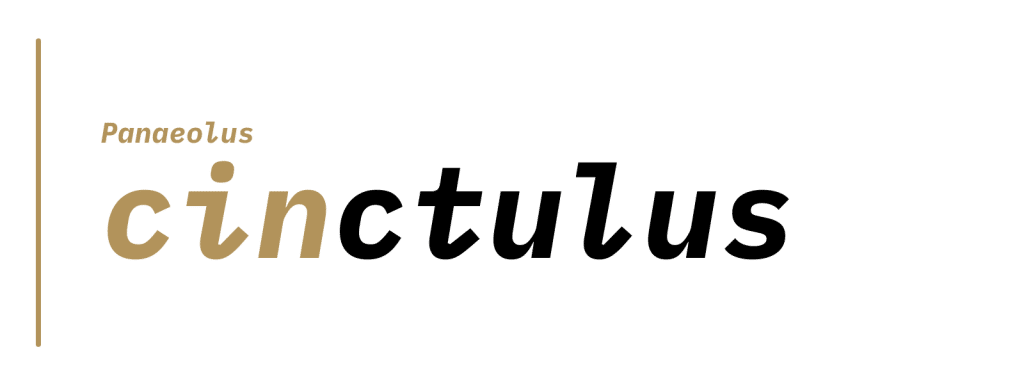
Panaeolus cinctulus
This species grows solitarily in compost piles, lawns, and well-fertilized gardens. They can also be found growing on cow dung.
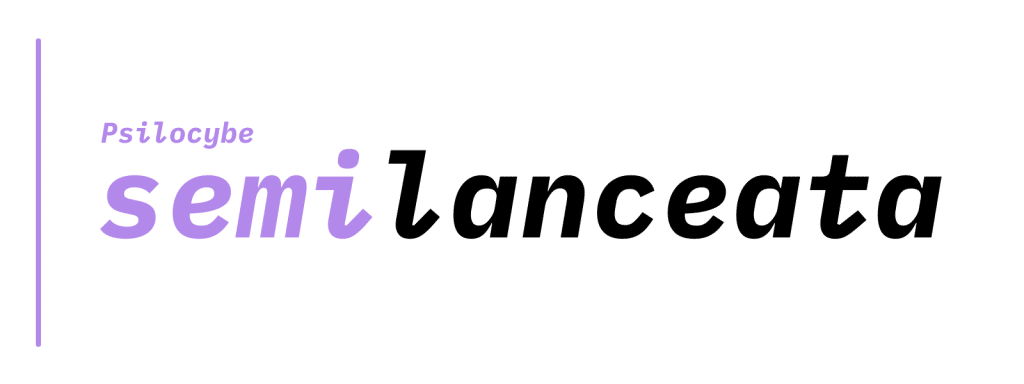
Psilocybe semilanceata
This species is considered the most common among the psilocybe ones, as it grows in many countries. You can find it between autumn and early winter in damp areas.
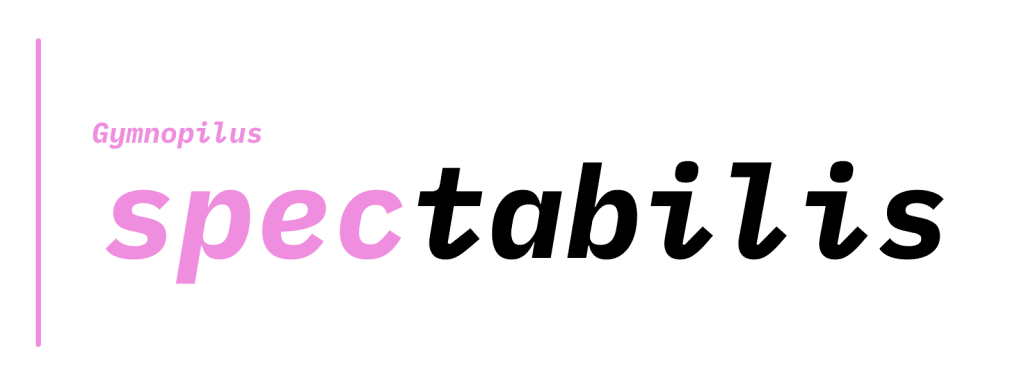
Gymnopilus spectabilis
This species is easy to distinguish thanks to its characteristic yellowish-orange color. It grows during autumn on stumps and trunks of various tree species, mainly pine.
What Are the Medicinal Uses of Shrooms?
In Europe and North America, there is a strong trend toward the legalization of psychedelics for therapeutic use. In recent years, researchers have discovered numerous benefits that these substances can bring, especially psilocybin.
Psilocybin can help patients with:
- Depression: Psilocybin can help relieve symptoms of depression even after the first session [1].
- Post Traumatic Stress Disorder (PTSD): According to recent studies, psilocybin and most psychedelics are excellent for treating PTSD [2].
- Existential Anxiety: Elderly or terminally ill patients suffer from this disorder because they know they have little time left to live. Psilocybin can help them relax and accept their fate.
- Cluster Headaches: According to a recent study, psilocybin and LSD are excellent for treating these pains [3].
- Addiction: Psilocybin, LSD, and DMT can help calm cravings, especially when accompanied by adequate therapy.
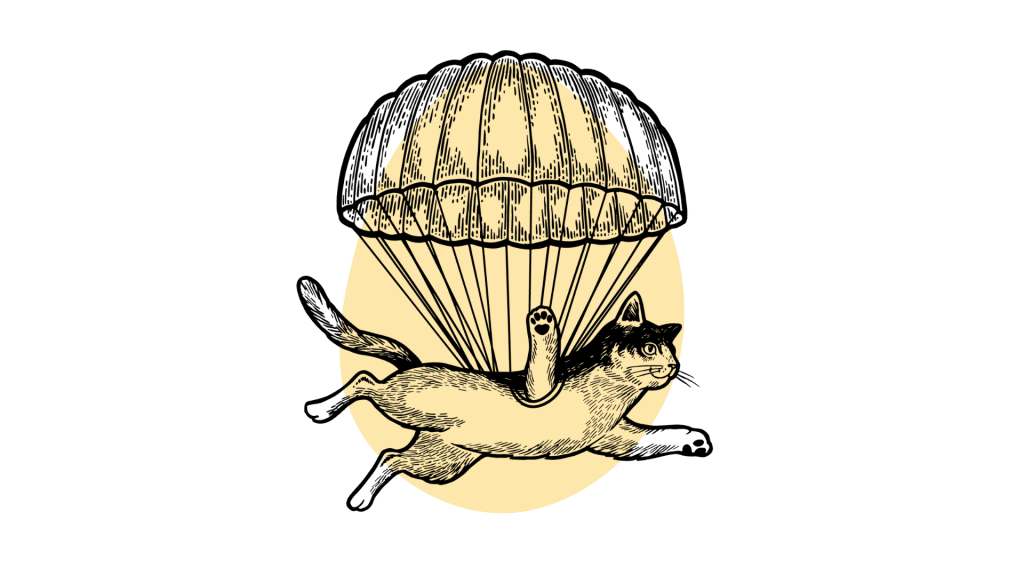
Is LSD Legal in Lithuania?
No, LSD is illegal in Lithuania.
LSD is a substance with similar effects to psilocybin, so it can treat almost all disorders mentioned above.
Unfortunately, it is categorized as a controlled substance in the 1961 Single Convention on Narcotic Drugs, so it is illegal in Lithuania. If the police catch you with small amounts of LSD, you can spend up to two years in prison.
Is DMT Legal in Lithuania?
No, DMT is not legal in Lithuania.
DMT is one of the most potent psychedelics, and it is present in ayahuasca — and its smokable form, changa — and even psychedelic toads.
This substance is also included in the Single Convention on Narcotic Drugs, so you can spend up to two years in prison for possessing it.

Is MDMA Legal in Lithuania?
No, MDMA is not legal in Lithuania.
MDMA is another psychedelic with many therapeutic benefits, and Canada has recently legalized MDMA-assisted psychotherapy. Still, it is illegal in Lithuania due to its inclusion in the Single Convention on Narcotic Drugs.
According to the law, if the police catch you with small amounts of this substance, you can spend up to two years in prison.
Is Ketamine Legal in Lithuania?
No, ketamine is probably illegal in Lithuania.
Ketamine is not included in the 1961 Single Convention on Narcotic Drugs because it wasn’t marketed on the streets then.
However, if the police catch you with ketamine, you will probably suffer the same penalties as with any other substance: a term of up to two years of imprisonment.
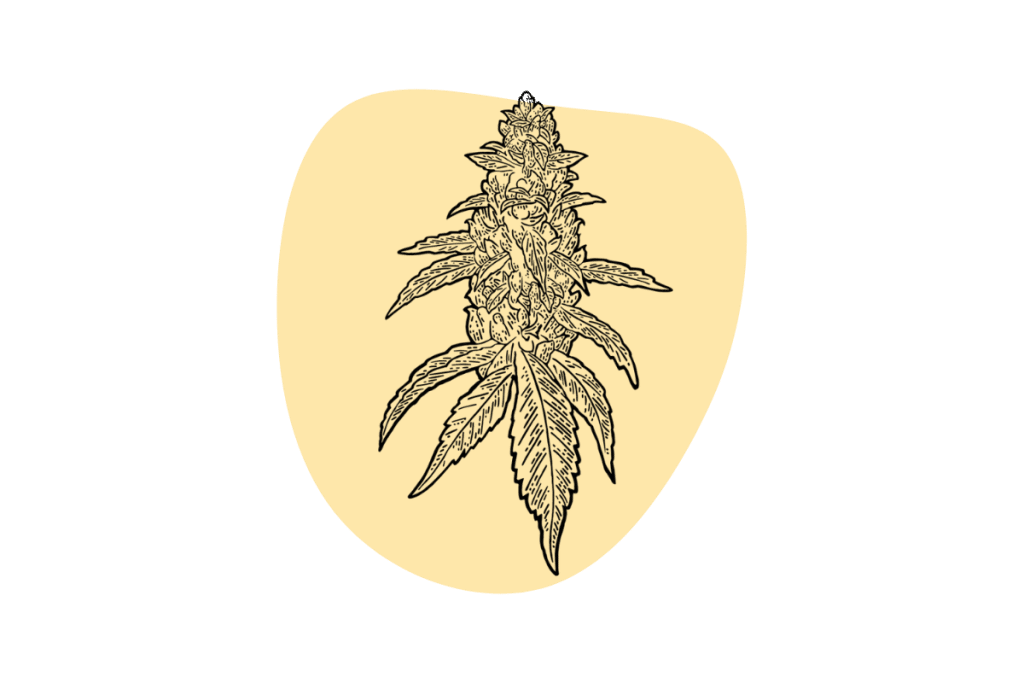
Is Marijuana Legal in Lithuania?
Cannabis is legal in Lithuania only for medicinal use.
In addition, all low-THC cannabis products are decriminalized —this includes products with delta 8, delta 9, and delta 10 THC as an ingredient. Lithuania also legalized hemp for industrial use in 2013.
Moreover, numerous ongoing protests are pushing for the legalization of cannabis for recreational purposes in the country.
What’s the Difference Between Legalization & Decriminalization?
It is common to hear people confusing legalization with decriminalization. Understanding their differences is crucial to avoid legal problems, especially if you are a tourist.
Decriminalizing a substance means a simple reduction in penalties associated with it. Users of a decriminalized substance will usually not go to jail for possessing or using it, though they may be punished for commercializing it.
Furthermore, the legalization of a substance eliminates all penalties and even allows its commercialization. This measure is best when dealing with black markets.
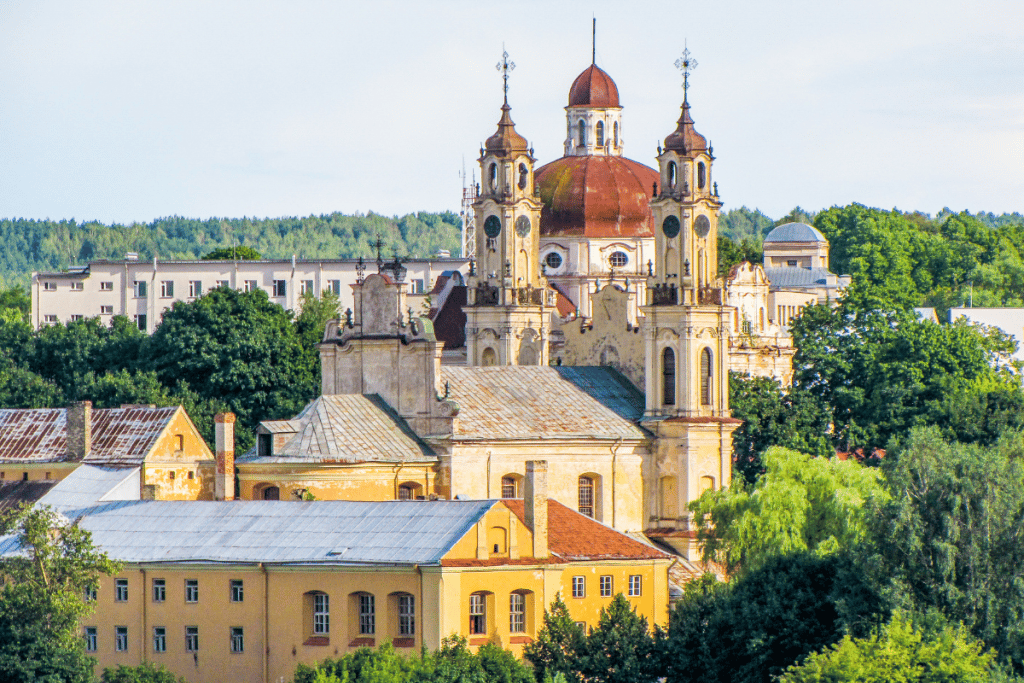
Key Takeaways: What’s the Future of Psychedelics in Lithuania?
Although psychedelics are primarily illegal in Lithuania, the penalties for possession here are not as harsh as in most countries. In addition, at the moment, Lithuanian lawmakers are unlikely to modify the current drug laws.
Still, as research on the therapeutic benefits of psychedelics grows, it becomes increasingly likely that the local authorities will reconsider their stance.
References
- Griffiths, R. R., Johnson, M. W., Carducci, M. A., Umbricht, A., Richards, W. A., Richards, B. D., … & Klinedinst, M. A. (2016). Psilocybin produces substantial and sustained decreases in depression and anxiety in patients with life-threatening cancer: A randomized, double-blind trial. Journal of psychopharmacology, 30(12), 1181-1197.
- Krediet, E., Bostoen, T., Breeksema, J., van Schagen, A., Passie, T., & Vermetten, E. (2020). Reviewing the potential of psychedelics for the treatment of PTSD. International Journal of Neuropsychopharmacology, 23(6), 385-400.
- Sewell, R. A., Halpern, J. H., & Pope, H. G. (2006). Response of cluster headache to psilocybin and LSD. Neurology, 66(12), 1920-1922.

